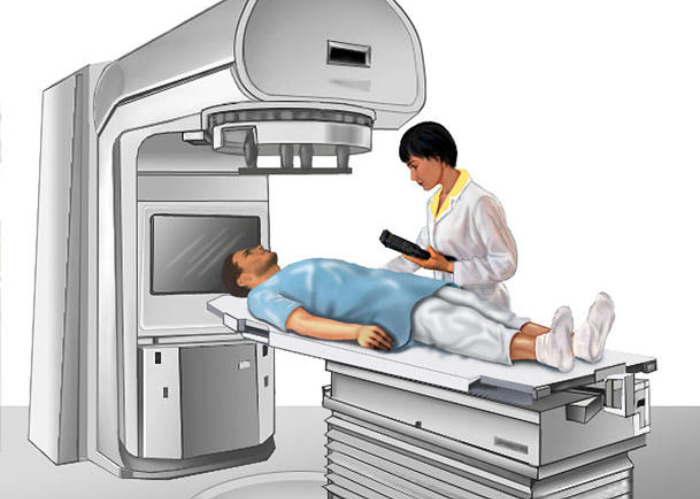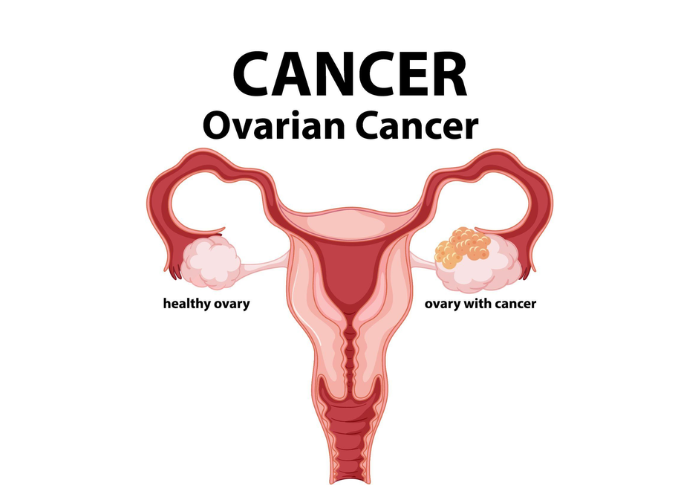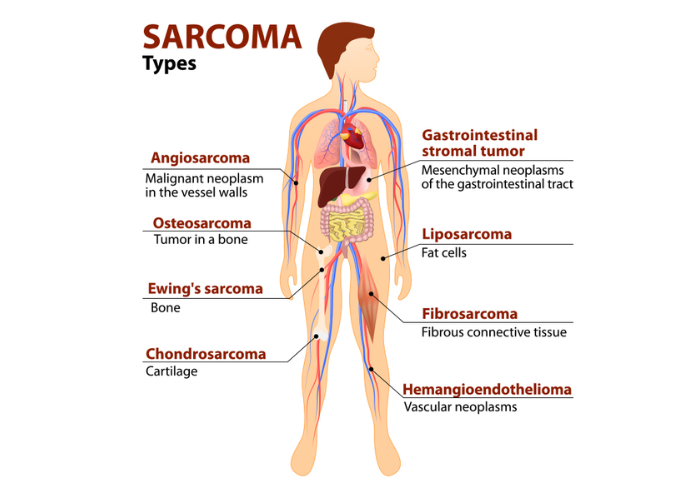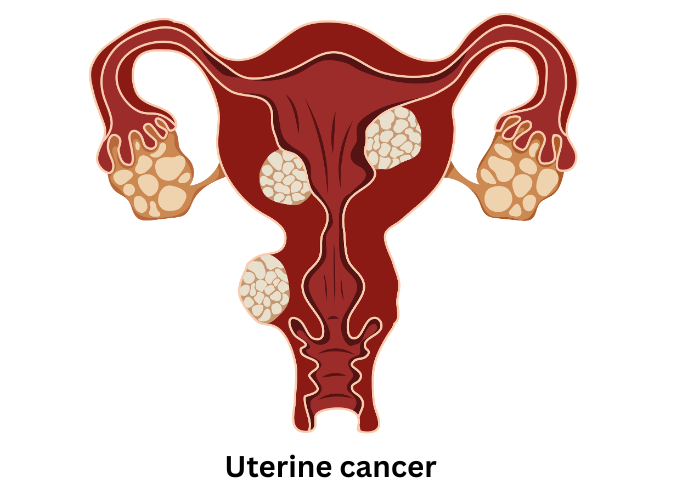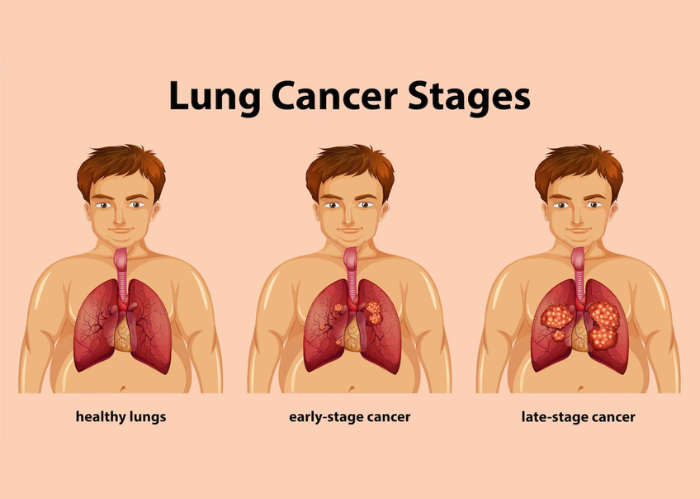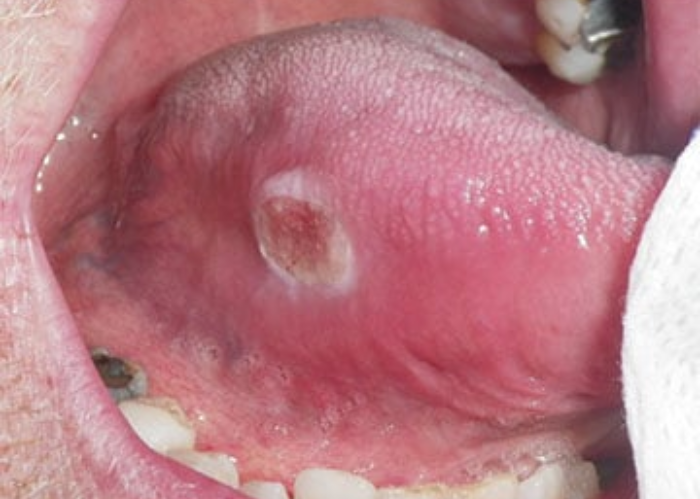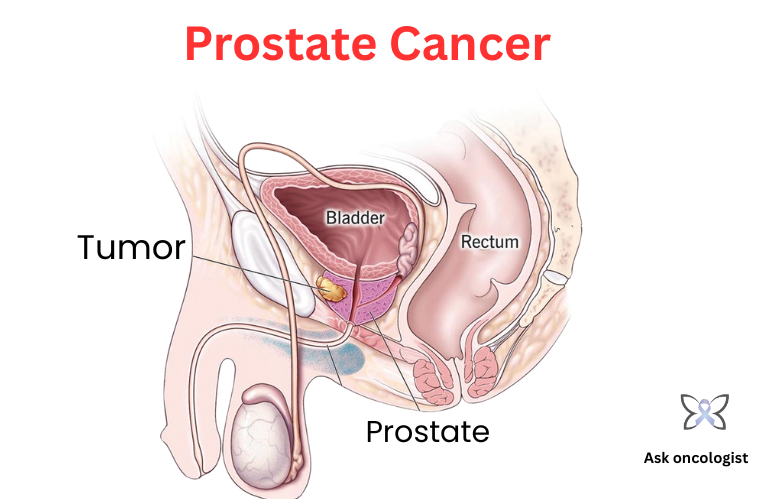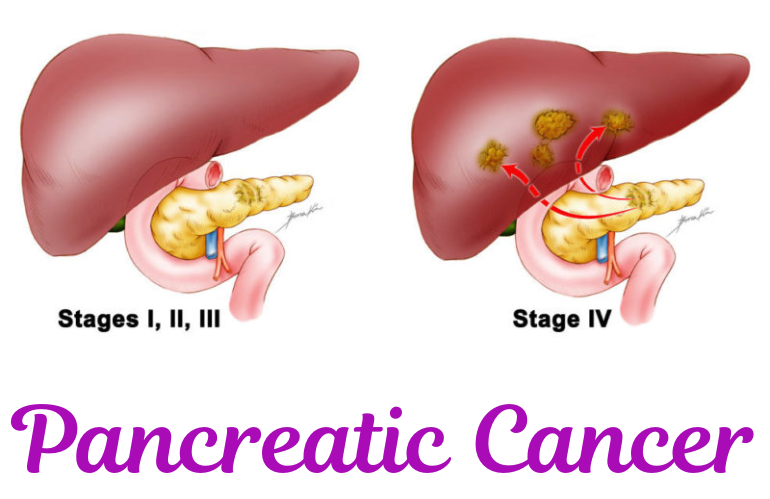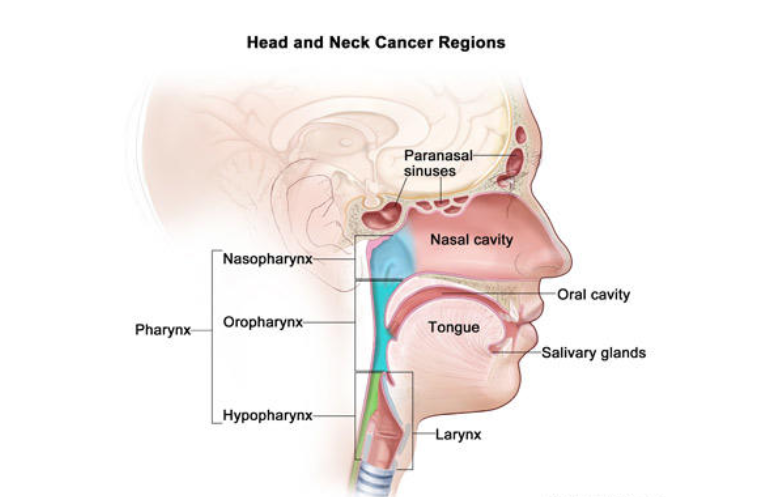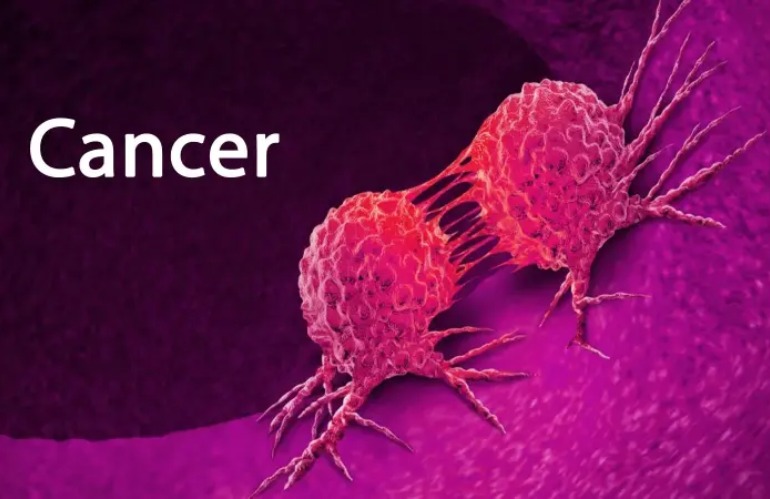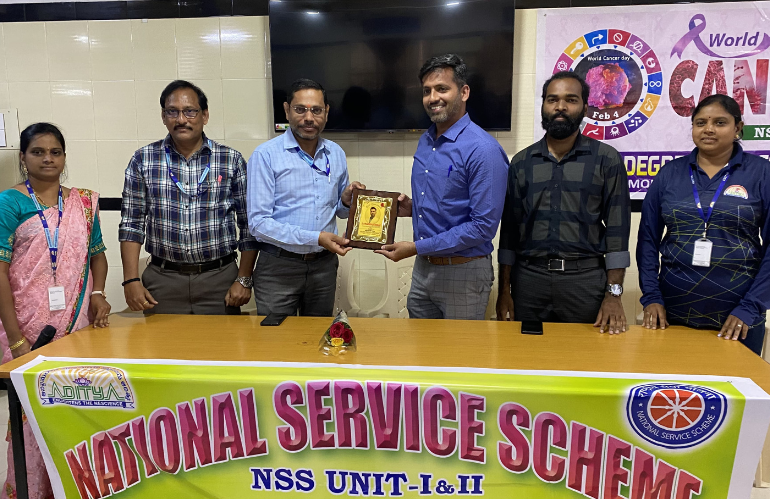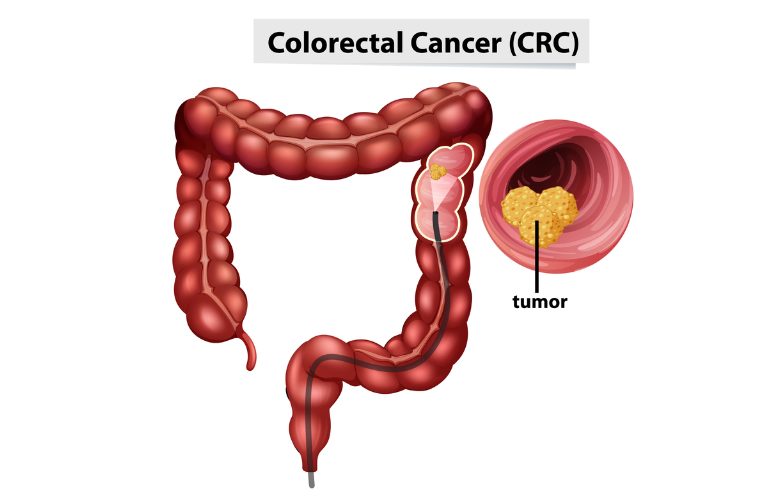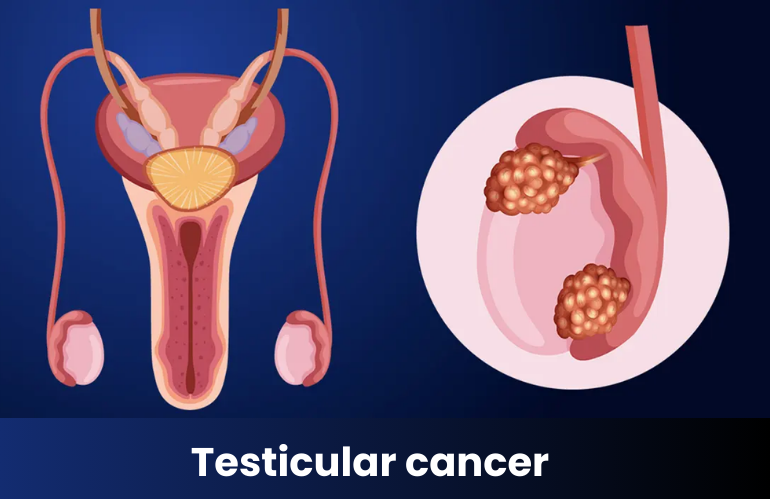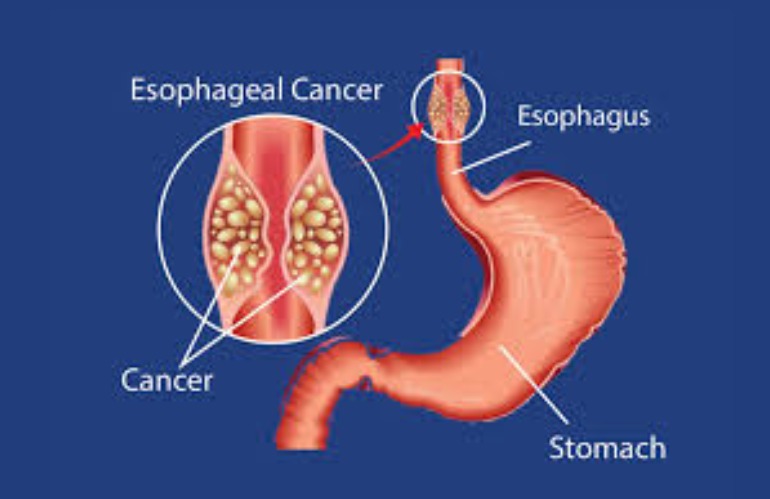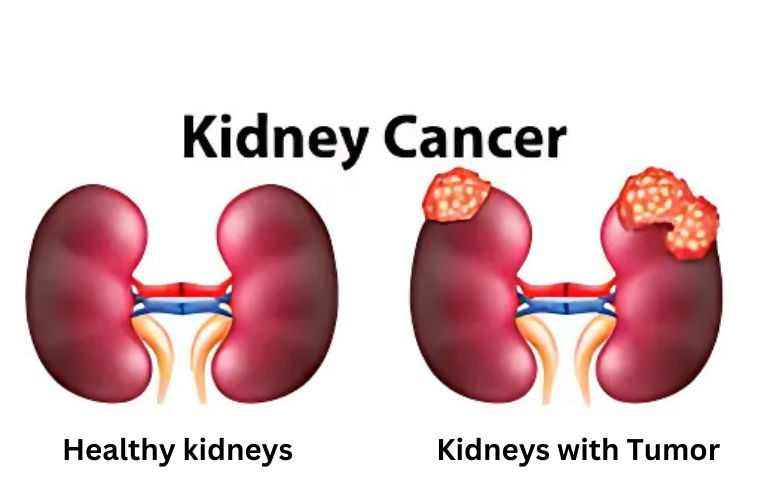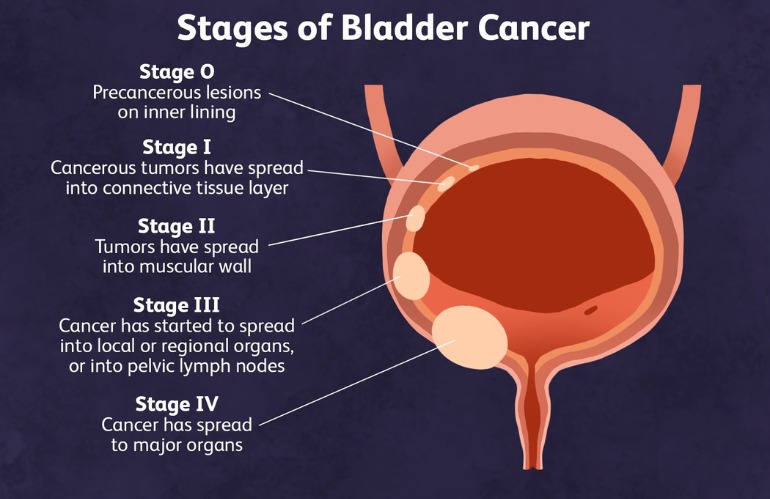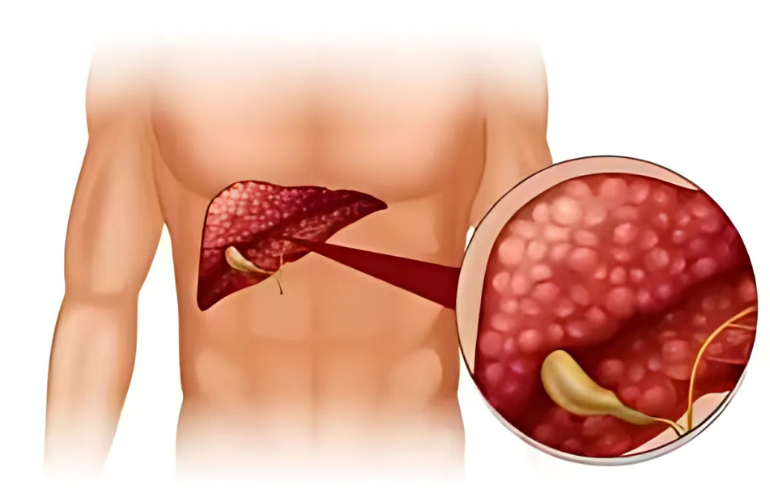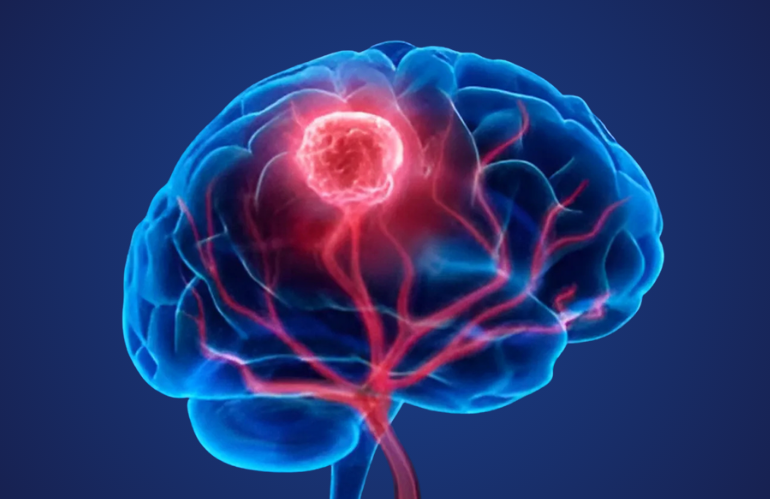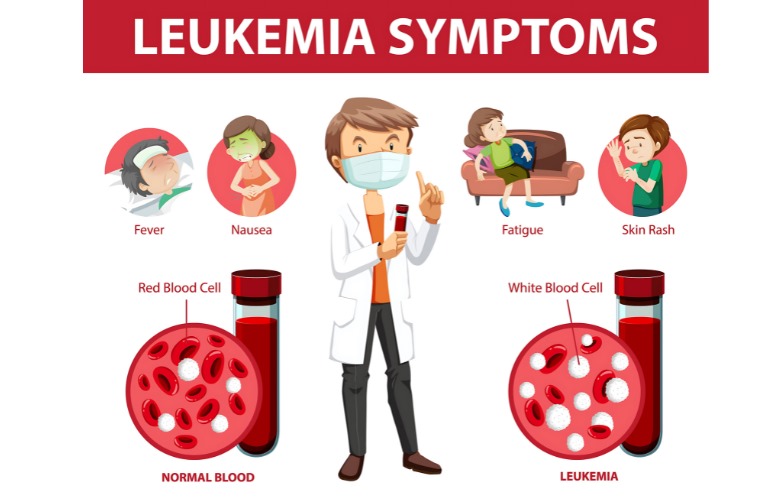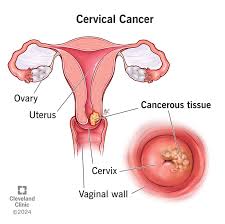Identifying the Symptoms
Recognizing symptoms of uterine cancer early can lead to better outcomes. The most common warning signs include:
Abnormal Vaginal Bleeding
The most common and noticeable symptom is irregular vaginal bleeding, especially in postmenopausal women. Any bleeding after menopause or between periods should be evaluated by a uterine cancer specialist in Kakinada.
Pelvic Pain or Discomfort
Persistent pelvic pain or pressure may signal a problem in the uterus. While it can result from other conditions, it’s essential to seek medical advice to rule out cancer.
Pain During Intercourse
Experiencing pain during sexual activity may indicate changes in the uterus. If this symptom persists, consult a gynecologic oncologist near you.
Unexplained Weight Loss
Losing weight without dieting or increased physical activity may be a warning sign of advanced uterine cancer. Seeking affordable cancer treatment in Kakinada can help address this issue early.
Other Possible Symptoms
- Vaginal discharge that is watery or blood-tinged
- Difficulty or pain while urinating
- Feeling a mass or fullness in the pelvic area
If you experience any of these symptoms, don’t ignore them. Consult a cancer specialist in Kakinada immediately for evaluation and treatment planning.
Recognizing Risk Factors
Several risk factors may increase the likelihood of developing uterine cancer. Being aware of these can help with early detection and preventive care.
Hormonal Factors
A history of high estrogen levels not balanced by progesterone increases risk. This can result from:
- Early menstruation or late menopause
- Never having been pregnant
- Hormone replacement therapy without progesterone
Medical Conditions
- Obesity: Fat tissue can produce estrogen, raising your cancer risk.
- Diabetes: Associated with a higher incidence of uterine cancer.
- Polycystic ovary syndrome (PCOS): Can cause prolonged exposure to estrogen.
- Endometrial hyperplasia: A precancerous condition of the uterine lining.
Family History and Genetics
If uterine or colorectal cancer runs in your family, especially Lynch syndrome, you may be at greater risk.
Treatment Options for Uterine Cancer
Treatment for uterine cancer depends on its type, stage, and your overall health. At Ask Oncologist Kakinada, Dr. Pradeep Bhaskar, a highly experienced Consultant Radiation Oncologist, offers personalized treatment strategies using the latest cancer care technologies, including stereotactic radiosurgery (SRS).
Surgery
Surgical removal of the uterus (hysterectomy) is the most common and effective treatment, especially in early-stage cancer. Some patients may also require removal of the ovaries and fallopian tubes.
Radiation Therapy
Radiation therapy, provided by specialists like Dr. Pradeep Bhaskar, uses targeted energy to destroy cancer cells. Both external beam radiation and internal brachytherapy are available in Kakinada’s top centers.
Chemotherapy
Used when cancer has spread beyond the uterus, chemotherapy involves medication that destroys cancer cells. Kakinada’s oncologists provide customized chemotherapy for uterine cancer based on each patient’s unique needs.
Hormone Therapy
This treatment blocks or lowers hormone levels to slow cancer growth and is commonly used for advanced or recurrent uterine cancer.
Targeted Therapy and Immunotherapy
These cutting-edge treatments focus on specific genetic changes in cancer cells or enhance your immune system’s response. Dr. Bhaskar’s expertise in advanced radiation methods ensures patients receive comprehensive care when combined with other therapies.
Finding the Right Cancer Care in Kakinada
Choosing the right provider is essential in your journey. Here are steps to ensure you receive the best uterine cancer treatment:
- Consult experienced oncologists like Dr. Pradeep Bhaskar for radiation-based therapies.
- Search for a gynecologic oncologist near me in Kakinada for surgical evaluation.
- Visit cancer care centers equipped with advanced diagnostic and radiation technology.
- Explore financial support and treatment plans tailored to your budget and health goals.
Coping with Uterine Cancer
Receiving a diagnosis can be overwhelming, but support is available to help you navigate treatment:
- Join a local or online uterine cancer support group
- Follow a balanced diet with professional dietary guidance
- Stay active with gentle exercises, as recommended by your doctor
- Seek counseling or therapy to manage emotional challenges
Ask Oncologist Kakinada, led by Dr. Pradeep Bhaskar, provides compassionate care, professional insight, and a clear path forward during your cancer journey.
Conclusion
Understanding the symptoms, risk factors, and treatments of uterine cancer is a critical step toward taking control of your health. If you're experiencing unusual symptoms or have concerns about your risk, don’t wait. Connect with Dr. Pradeep Bhaskar, MBBS, DNB (Rad Onc), FIGRS – Consultant Radiation Oncologist at Ask Oncologist Kakinada. Early diagnosis and advanced treatment options, including stereotactic radiosurgery, are now accessible right here in Kakinada. Your care starts with awareness—take the first step today.







